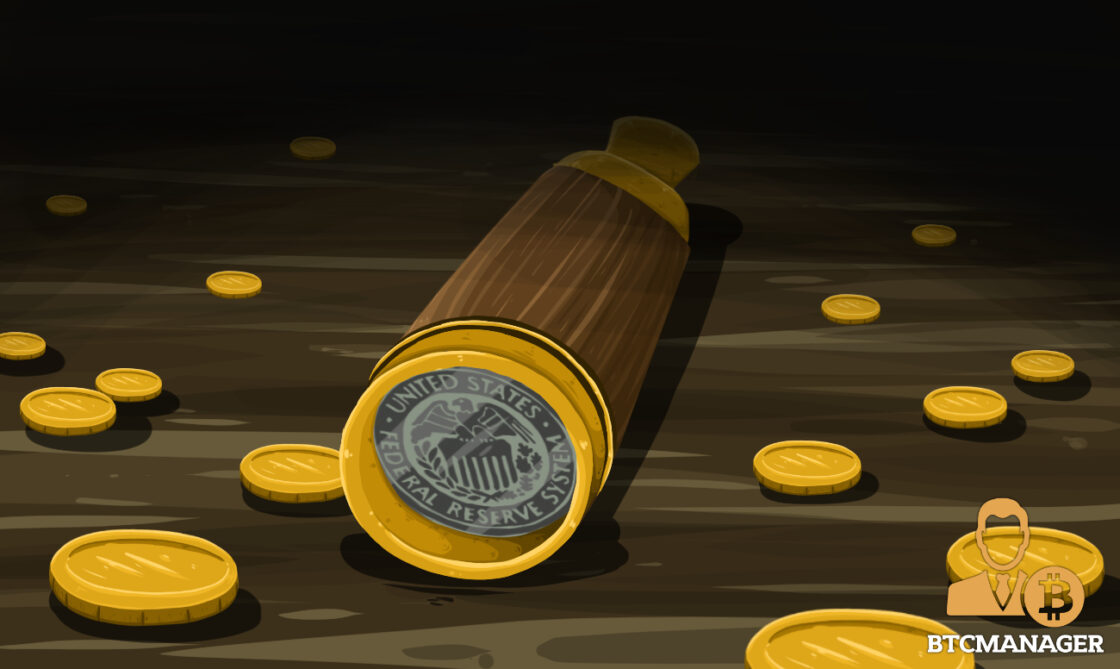PALO ALTO, Calif. (Reuters) - The Federal Reserve is taking a look at a broad variety of problems around digital payments and currencies, consisting of policy, design and legal considerations around potentially issuing its own digital currency, Guv Lael Brainard stated on Wednesday. Brainard's remarks suggest more openness to the possibility of a Fed-issued digital coin than in the past." By changing payments, digitalization has the prospective to provide higher worth and benefit at lower expense," Brainard stated at a conference on payments at the Stanford Graduate School of Organization.
Central banks globally are debating how to handle digital finance innovation and the distributed journal systems used by bitcoin, which guarantees near-instantaneous payment at possibly low expense. The Fed is establishing its own day-and-night real-time payments and settlement service and is presently reviewing 200 remark letters submitted late in 2015 about the proposed service's style and scope, Brainard said.
Less than two years ago Brainard informed a conference in San Francisco that there is "no compelling showed need" for such a coin. However that was before the scope of Facebook's digital currency aspirations were commonly known. Fed authorities, consisting of Brainard, have raised concerns about consumer protections and data and personal privacy threats that could be presented by a currency that could come into usage by the 3rd of the world's population that have Facebook accounts.
" We are collaborating with other reserve banks as we advance our understanding of central bank digital currencies," she said. With more nations looking into releasing their own digital currencies, fedcoin 2020 Brainard stated, that contributes to "a set of reasons to also be ensuring that we are that frontier of both research study and policy advancement." In the United States, Brainard stated, problems that need study include whether a digital currency would make the payments system much safer or easier, and whether it could pose monetary stability threats, consisting of the possibility of bank runs if cash can be turned "with a single swipe" into the main bank's digital currency.
To counter the financial damage from America's extraordinary national lockdown, the Federal Reserve has actually taken unprecedented steps, including flooding the economy with dollars and investing straight in the economy. Many of these moves received grudging approval even from numerous Fed doubters, as they saw this stimulus as needed and something just the Fed might do.

My brand-new CEI report, "Government-Run Payment Systems Are Unsafe at Any Speed: The Case Versus Fedcoin and FedNow," information the threats of the Fed's existing strategies for its FedNow real-time payment system, and propositions for central bank-issued cryptocurrency that have been dubbed Fedcoin or the "digital dollar." In my report, I go over concerns about privacy, data security, currency manipulation, and crowding out private-sector competitors and innovation.
Advocates of FedNow and Fedcoin state the government should produce a system for payments to deposit immediately, instead of motivate such systems in the economic sector by raising regulatory barriers. However as noted in the paper, the economic sector is offering an apparently unlimited supply of payment innovations and digital currencies to resolve the problemto the extent it is a problemof the time space between when a payment is sent and when it is received in a checking account.
And the examples of private-sector innovation in this area are many. The Cleaning House, a bank-held cooperative that has been routing interbank payments in various forms for more than 150 years, has been clearing real-time payments considering that 2017. By the end of 2018 it was covering half of the deposit base in the U.S.